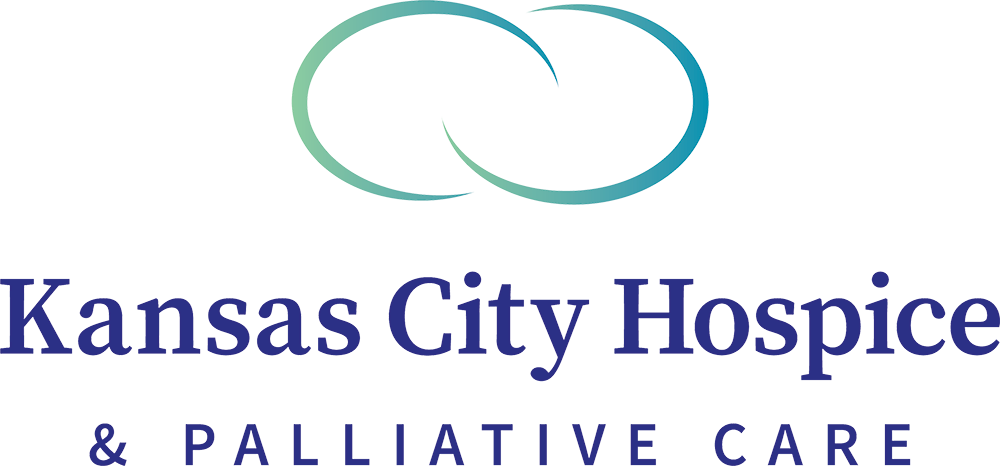When it comes to managing our feelings, the most important conversations we have are with ourselves – self talk. We can reflect on events and conversations in our everyday lives and make choices about whether we will allow them to impact our mood and behavior. That way, we stay in control of our mood and don’t give others the power to control us.
Use these simple ABCs as a guide to healthy ways to talk to yourself:
A—ACTIVATING EVENT: Suppose you reach out in a friendly way to someone with whom you are typically close and he is short-tempered with you. This upsets you, so you have an activating event that could impact your mood.
B—BELIEF ABOUT THE EVENT: Some possible responses to the activating event could be: (1) He’s mad at me, therefore I must have done something wrong and will probably lose this relationship; (2) He’s a jerk and I don’t need him or his attitude in my life; or (3) It appears he is having a rough time. I’ll give him some space and not let his bad mood take me down. If you identified #3 as a more comfortable belief about this event, you are on the road to healthy self-talk.
C—CONSIDER THE CONSEQUENCES OF YOUR BELIEF: If you followed belief #1, in all likelihood you would become upset. If you acted on belief #2, you could risk losing a relationship. Jumping to either conclusion probably would not be beneficial to either you or the other person.
D—DISPUTE YOUR BELIEF AND ERASE IT: Even if your natural inclination is to accept belief #1 or #2 based on your previous relationships, you have the power to question if those options really fit the situation here. If they don’t, you have a choice to chose #3. You can always reevaluate if you get more information, but for now, all you really know is that the other person was short-tempered with you.
E—DEVELOP A NEW EXPERIENCE: Taking a wait and see approach and making a decision to stay calm in the interim may be a new experience for you. You may find that you like analyzing what you are faced with and making decisions about how you chose to react, rather than simply operating from past experience or from your gut.
If you have questions about self-talk or other issues relating to mental health, grief, caregiving, seniors or trauma, feel free to give me a call at 816-276-2717.
Until my next blog post, remember to talk as kindly to yourself as you would a dear friend!
Be well,
Stevie Shuchart, LSCSW, LCSW, CSW-G
Clinical Social Worker, EMDR Certified Therapist
Passages is a mental health program of Kansas City Hospice & Palliative Care
Posted in In the Community
